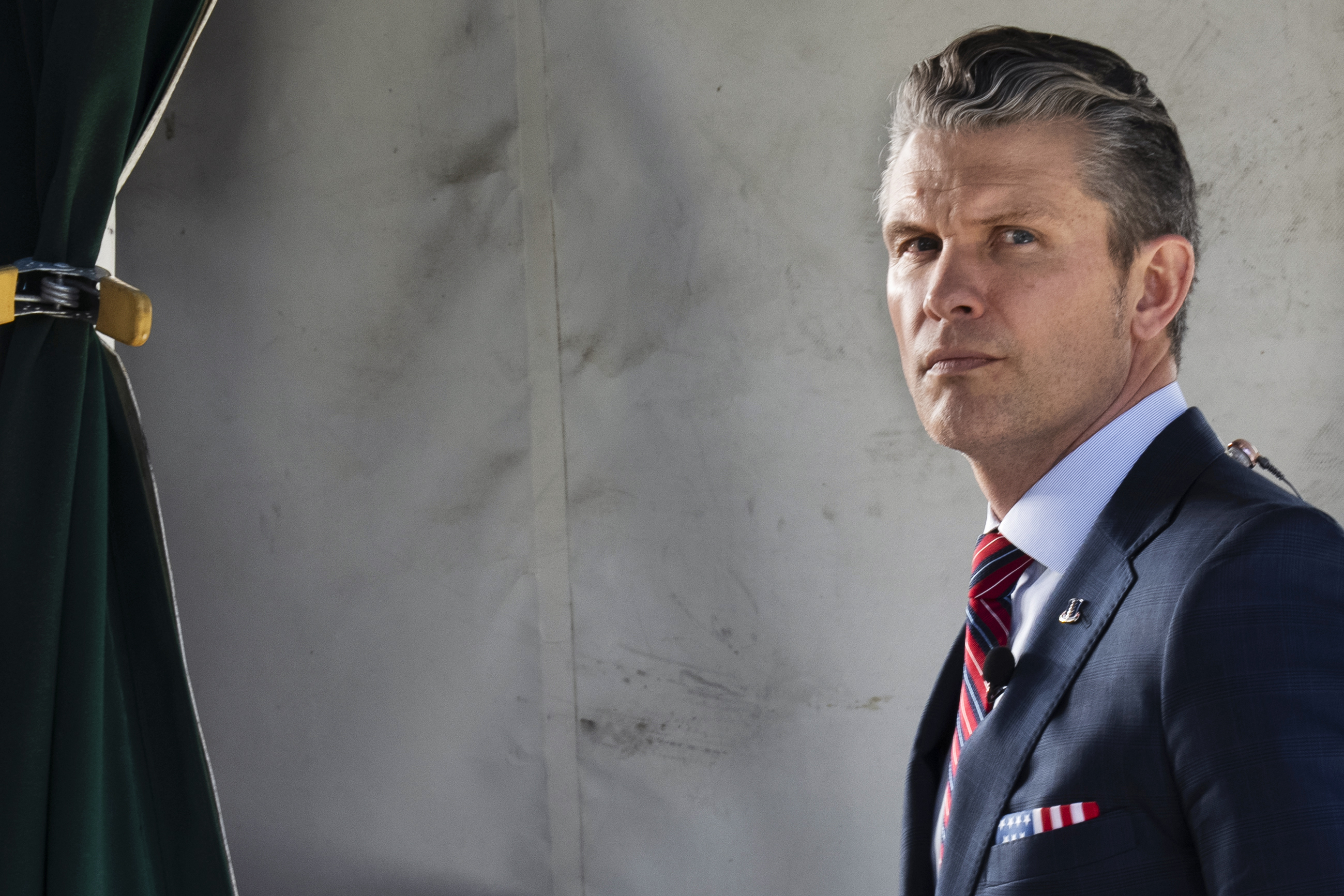The declaration comes as U.S. District Judge James Boasberg weighs whether the government defied his order to turn around planes carrying violent illegal immigrants to a special facility in El Salvadore.
Boasberg, who was appointed to the federal district court in Washington by Barack Obama, has asked for details about when the planes landed and who was on board, information that the Trump administration asserts would harm “diplomatic and national security concerns."
Government attorneys also asked an appeals court on Monday to lift Boasberg's order and allow deportations to continue, a push that appeared to divide the judges.
Circuit Court Judge Patricia Millett, also appointed by Barack Obama, said Nazis detained in the U.S. during World World II received better legal treatment than Venezuelan immigrants who were were deported to El Salvador this month under the same statute.
“We certainly dispute the Nazi analogy,” Justice Department attorney Drew Ensign responded during a hearing of the U.S. Court of Appeals for the District of Columbia Circuit.
Millett is one of three appellate judges who will decide whether to lift a March 15 order temporarily prohibiting deportations under the Alien Enemies Act of 1798. They didn't rule from the bench Monday.
A second judge appeared open to the administration’s argument that the migrants should be challenging their detention in Texas rather than the nation’s capital. The third judge on the panel didn’t ask any questions.
President Donald Trump's administration appealed after Boasberg blocked those deportations and ordered planeloads of Venezuelan immigrants to return to the U.S. That did not happen.
The Alien Enemies Act allows noncitizens to be deported without the opportunity to go before an immigration or federal court judge.
Ensign argued that Boasberg’s ruling was an “unprecedented and enormous intrusion upon the powers of the executive branch.”
“The president has to comply with the Constitution and the laws like anyone else,” said MiIlett, who was nominated by Democratic President Barack Obama in 2013.
Judge Justin Walker, whom Trump nominated in 2020, seemed to be more receptive to the administration’s arguments based on his line of questioning. Walker pointed to the government’s arguments that the plaintiffs should have filed their lawsuit in Texas, where the immigrants were detained.
“You could have filed the exact same complaint you filed here in Texas district court,” Walker told American Civil Liberties Union attorney Lee Gelernt.
“We have no idea if everyone is in Texas,” Gelernt said.
Walker also pressed the plaintiffs’ lawyer to cite any prior case in which a judicial order blocking “a national security operation with foreign implications” survived appellate review.














